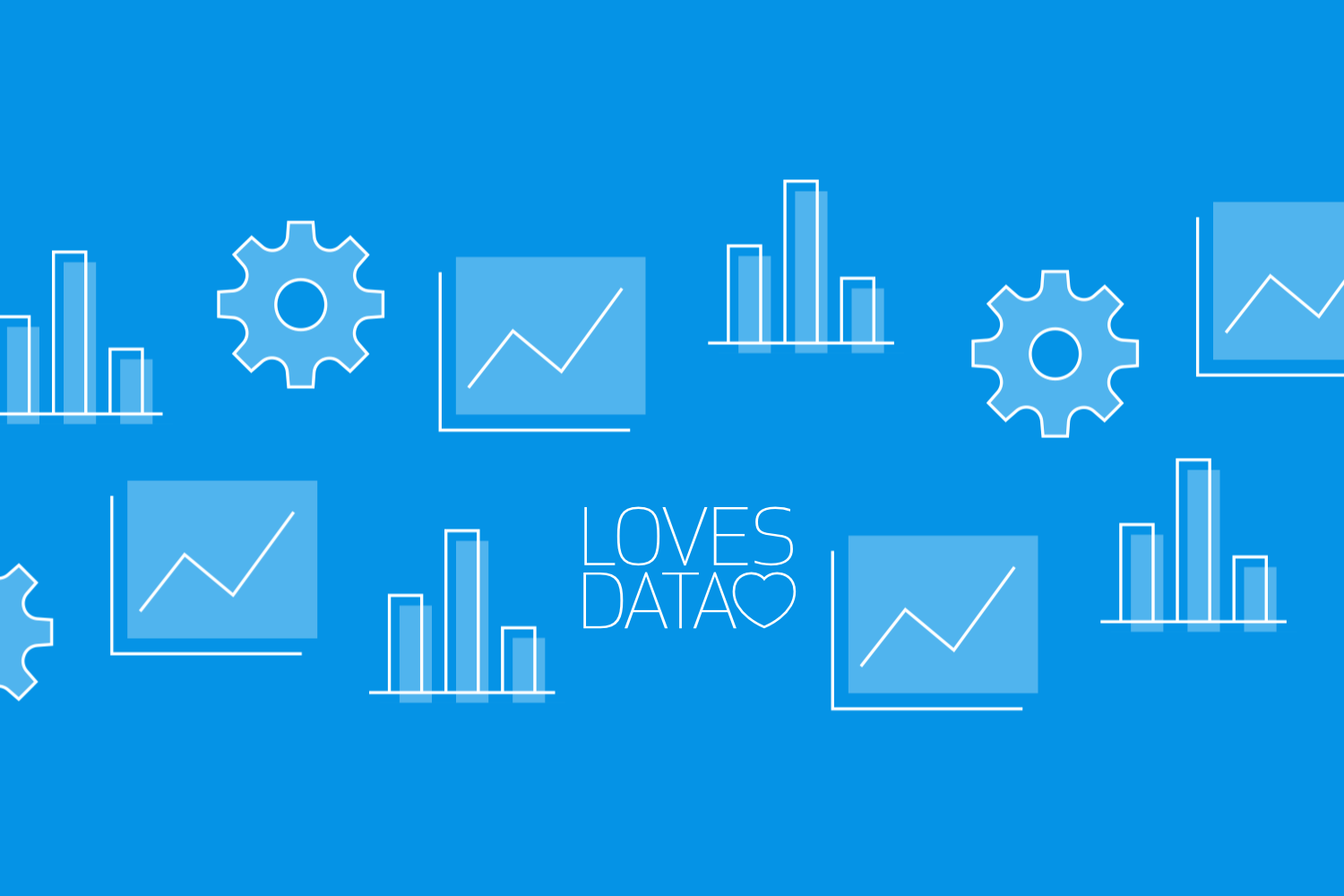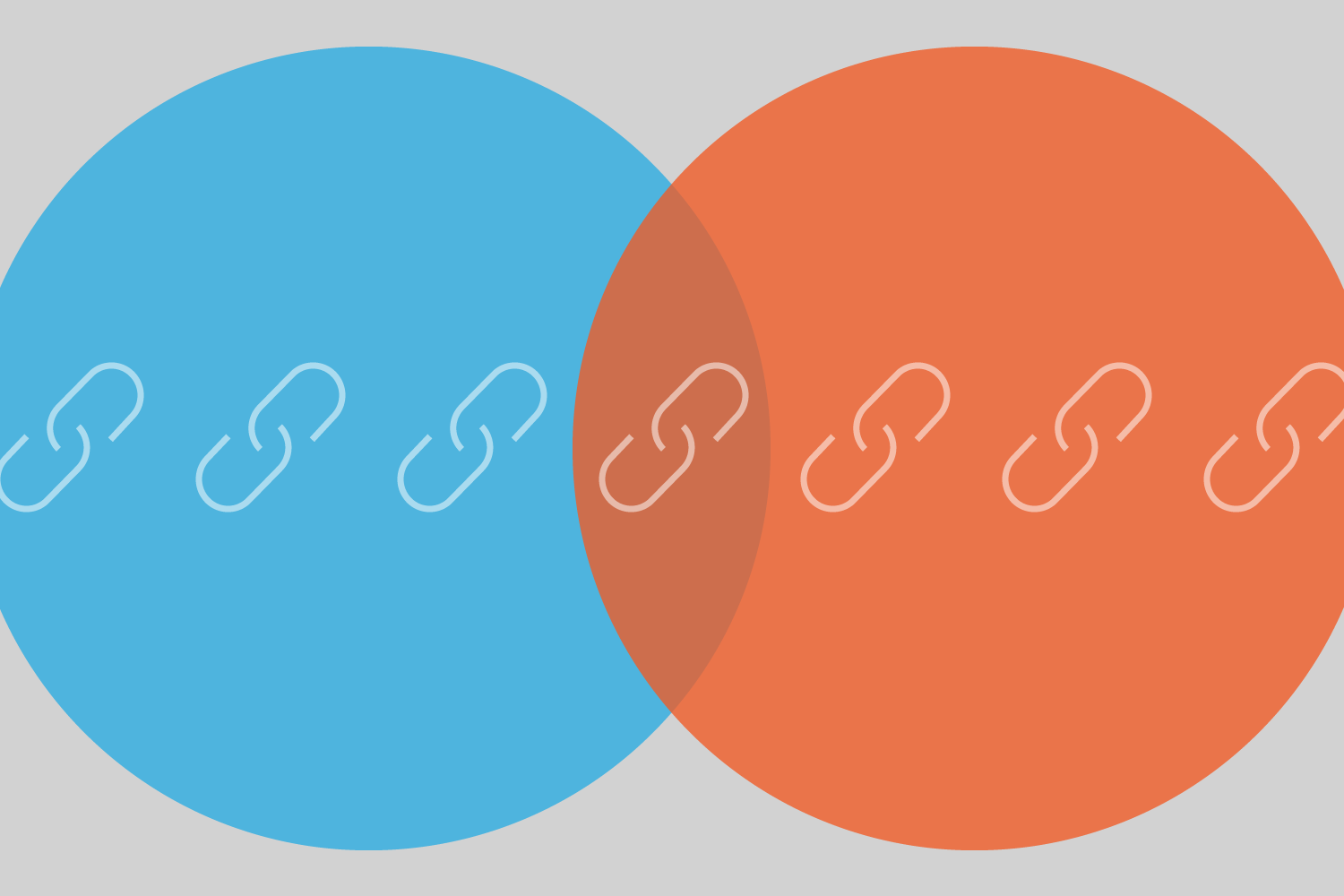Important Google Ads Terminology You Need To Know
Loves Data

When you first start using Google Ads, it can be quite daunting. It can take time to get used to the interface, there are so many options and features, and then there is the unfamiliar terminology. As you begin managing campaigns, it’s essential to understand what you’re looking at in your account, so today, we’re going to cover some of the most important Google Ads terminology.
This is our quick guide to some of the most important terms you’ll need to know as you’re using Google Ads, but for a more complete resource, you can also check out our Google Ads Glossary.
Important Google Ads Terminology
Budget: Your budget is the amount of money you're willing to spend on your Google Ads campaign. When you will set a daily budget for your campaigns, you can calculate your monthly advertising spend by multiplying the amount by 30.4.
Cost-Per-Click (CPC): CPC is the amount you're willing to pay for each click on your ad. CPC is determined by your bid amount and your ad's performance in the auction. If you’re using an automated bidding strategy, then Google Ads will automatically determine the CPC for your ads.
Quality Score: Quality Score is a number that Google assigns to your ad based on factors like relevance and click-through rate. A higher Quality Score means your ad is more likely to be shown to users, and you'll pay less per click.
Impressions: Impressions are the number of times your ad has been shown, regardless of whether it was clicked on. If you’re running a display campaign, you can also choose to bid on impressions instead of clicks.
Clicks: Clicks are the number of times your ads have been clicked. And yes, Google Ads will charge you if someone clicks your ad multiple times as they’re researching to make a purchase.
Conversions: A conversion is a goal you've set for your campaigns, like a sale or a sign-up. You can track conversions to see how well your campaign is performing. Once conversions have been tracked, you will be able to use metrics like ‘Conversions’ and ‘Conversion Rate’ in your account.
Keywords: Keywords are the words and phrases you've chosen to trigger your ad. When someone searches for one of your keywords, your ad will enter the ad auction. Then, if your bid and Quality Score are high enough, your ad will appear on Google search results.
Match Types: There are four different match types for keywords: broad match, phrase match, exact match, and negative match. Broad matches are the most general, while exact matches are the most specific. You can choose which match type you want to use for each keyword.
Negative Keywords: Negative keywords are words and phrases that you've chosen to exclude from your campaign. When someone searches for a negative keyword, your ad will not appear.
Ad Groups: An ad group is a collection of ads and keywords that share a common theme. You can have multiple ad groups in a single campaign.
Ad Extensions: Ad extensions let you show additional information with your ads, like a phone number, additional links, images, and information. Ad extensions can help your ad stand out and give users more information about your business.
Ad Rank: Ad Rank determines your ad's position in the paid results and cost-per-click (CPC). A higher AdRrank means your ad is more likely to be shown in a higher position on the search results page, and you'll pay less per click.
Click-Through Rate: Click-through rate (CTR) is a metric used to measure the success of online advertising. It is calculated by dividing the number of clicks on your ads by the total number of impressions. In most cases, you will want to aim for a higher click-through rate as it indicates your ads are more engaging.
Conclusion
You need to understand the terminology used in Google Ads to make informed decisions about your campaigns. For example, once you understand Ad Rank, you will know the different factors that influence how your business and your competitors are placed in the paid search results. And the more your use Google Ads and the different terminology, the better you will be at managing your advertising campaigns.
At Loves Data, we help companies get the most out of their data and campaigns using Google Analytics and Google Ads. We have worked with small and large companies, and we’ve helped them learn how to get the most out of Google’s platforms. When you’re ready, join our Google Ads course to boost your knowledge and practical skills.




Comments